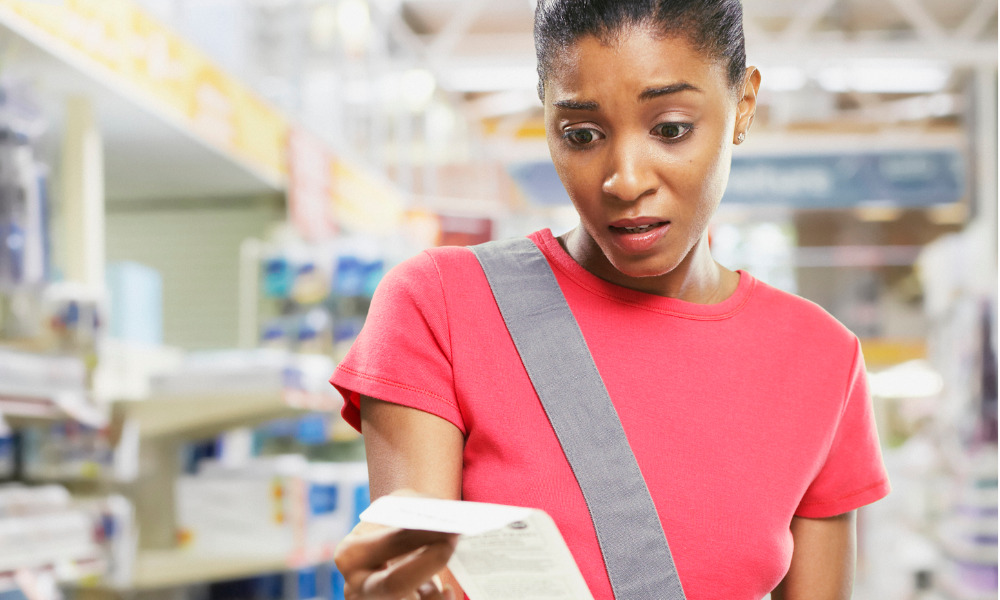This as inflation skyrockets to the highest level in 21 years

ANZ has become the first big bank in Australia to forecast a May rate hike as inflation skyrocketed to the highest level since the introduction of the GST two decades ago.
Read more: Exposed: The interest rates banks use to stress test mortgage applicants
Australia’s inflation has spiked by 5.1% – the fastest pace in 21 years, sparking fears of a May 3 rate rise, just 18 days before the May 21 election.
David Plank, ANZ head of Australian economics, has tipped a 0.15-percentage-point rate rise on Tuesday next week that would take the OCR from a record low of 0.1% to 0.25%, Daily Mail Australia reported.
Read next: ASB predicts another 50-basis-point OCR hike
“We now expect the RBA to hike by 15 basis points next week,” Plank said. “Inflation pressures have momentum and have broadened. A cash rate target of 0.1% is inappropriate against this backdrop.”
Officials confirmed that the surge in the consumer price index in the year to March was at an even more dramatic pace compared to more than a decade ago – at the height of the Global Financial Crisis.
The rate of price rises currently sits at the highest level since June 2001, shortly after the introduction of GST, with headline inflation above the 4.5% pace financial markets and the big banks were expecting, the report said.
But excluding the one-off Goods and Services Tax debut, Australia saw its highest annual headline inflation rate since the December quarter of 1995, when Paul Keating was still Labor prime minister.
That makes it more likely for the interest rate to increase on May 3 – just 18 days before the elections. That would mark the first election campaign rate rise from the Reserve Bank of Australia since November 2007 as well as the first cash rate hike in almost 12 years.
Given the inflation rate is also significantly above the Reserve Bank’s 2-3% target, borrowers could expect another big increase in June.
According to Australian Bureau of Statistics CPI data for the March quarter, home prices had a 5.7% increase as petrol prices soared by 11%, with Russia’s Ukraine invasion diminishing crude oil supplies.
Petrol prices have risen for the seventh consecutive quarter – the strongest annual increase since the 1990 Gulf War. That happened even as fuel excise was temporarily halved by the federal government to 22.1 cents a litre in the March 29 Budget, after average unleaded prices had surged above $2 a litre for the first time ever, the report said.
Vegetable prices, meanwhile, rose by 6.6% as heavy rains disrupted harvests.
Treasurer Josh Frydenberg said overseas developments were to blame for the high inflation.
“Australia is not immune from the international pressures driving up inflation,” Frydenberg told Daily Mail Australia. “This is the single biggest increase in fuel prices since Iraq's invasion of Kuwait more than 30 years ago in 1990. Today's inflation numbers are a reminder to all Australians [of] the importance of strong and effective economic management.”



